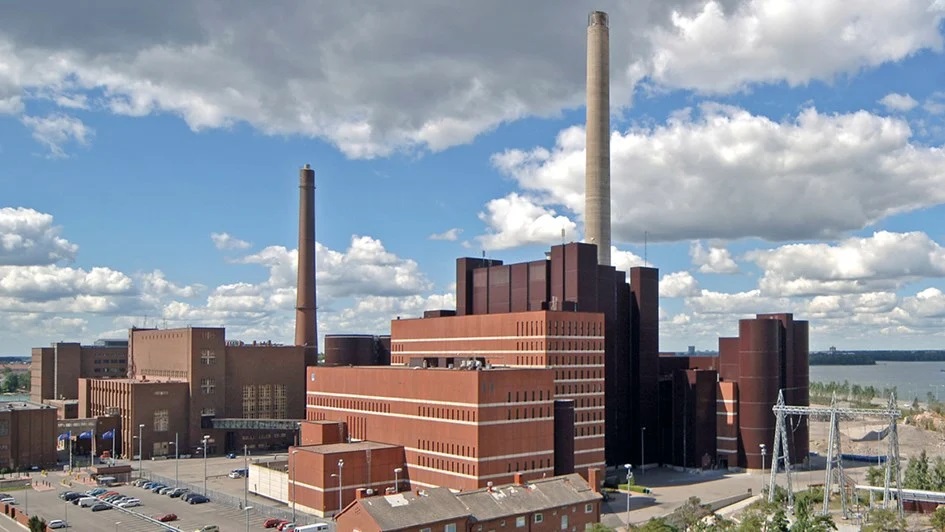Goodbye coal: who in Europe is bringing a clean energy future closer
2 April 09:42
The Finnish energy company Helen has announced the closure of the Salmisaari coal-fired power plant on April 1 this year, which in practice means the actual end of the coal era in Finland. This is reported on the website of the Finnish company, "Komersant Ukrainian" informs.
It was the last coal-fired power plant in the country. Its closure will allow the company to reduce its carbon dioxide emissions by 50% compared to last year, and Finland’s total emissions will be reduced by almost 2%.
“The move away from coal is a concrete step by Helen towards clean, self-sufficient and affordable energy production,” said Olli Sirkka, CEO of Helen, in his assessment of the historic event.
To replace the annual production of 175 MW of electricity and 300 MW of heat at the Salmisaari TPP, Helen plans to use electric boilers and heat pumps, and will continue to burn fuel pellets and wood chips.
However, the environmental company Beyond Fossil Fuels notes that Finland’s refusal from coal is “almost complete”, as two small power plants in other regions of Finland still use a certain amount of coal in their production, and the third coal plant remains in strategic use for emergencies or peak consumption.
According to Finnish law, no coal can be used for energy production after May 1, 2029.
Finland is not the first country to say no to coal
In the fight against climate change, several European countries have already taken this important step by phasing out coal in the energy sector.
In 2016, Belgium became the first country in Europe to completely shut down all coal-fired power plants. This step ushered in a new era of “green transition” and inspired other countries to follow suit.
In 2020, Austria and Sweden did the same. Having abandoned coal in the energy sector, they continue to invest in renewable energy sources.
Portugal also closed its last coal-fired power plant in 2021, 9 years ahead of schedule.
In 2024, the United Kingdom became the first G7 country to completely stop using coal for electricity generation. The closure of the Ratcliffe-on-Soar power plant in Nottinghamshire was an important step on the “global path to decarbonization”.
As you know, Europe wants to become the world’s first continent with zero carbon dioxide emissions by 2050, and the European Commission aims to reduce emissions by at least 55% by 2030.
And the results of the “green revolution” are already visible
A recent report by Ember analysts, European Electricity Sector Outlook 2025, found that in 2024, solar energy production in the EU exceeded coal generation for the first time.
In general, the share of fossil fuels in the EU energy mix decreased to 29%. This is the lowest figure in the last 40 years. Renewable sources already provide 47% of all electricity in the EU. Solar and wind power are replacing coal and gas, even as the share of nuclear power has declined.









